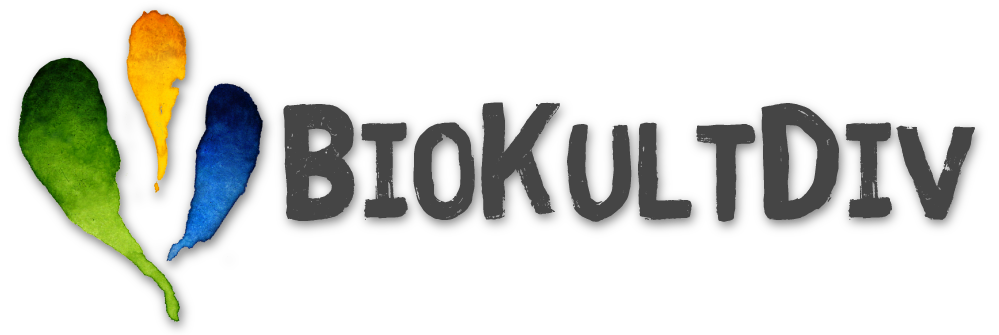Sustainability science is a discipline actively seeking solutions to current sustainability challenges. Core components include the adoption of a social-ecological systems perspective, the implementation of inter‐ and transdisciplinarity, and the commitment to solution-oriented work. For sustainability science to foster equality and amplify marginalized voices, the plurality of human–nature interactions and worldviews needs to be accounted for. To that end, a concept called biocultural approaches is increasingly perceived as a valuable tool. In their recent paper, Hanspach et al. (2020) present a systematic review of the application of biocultural approaches to sustainability in scientific journal articles published over the last 30 years.

